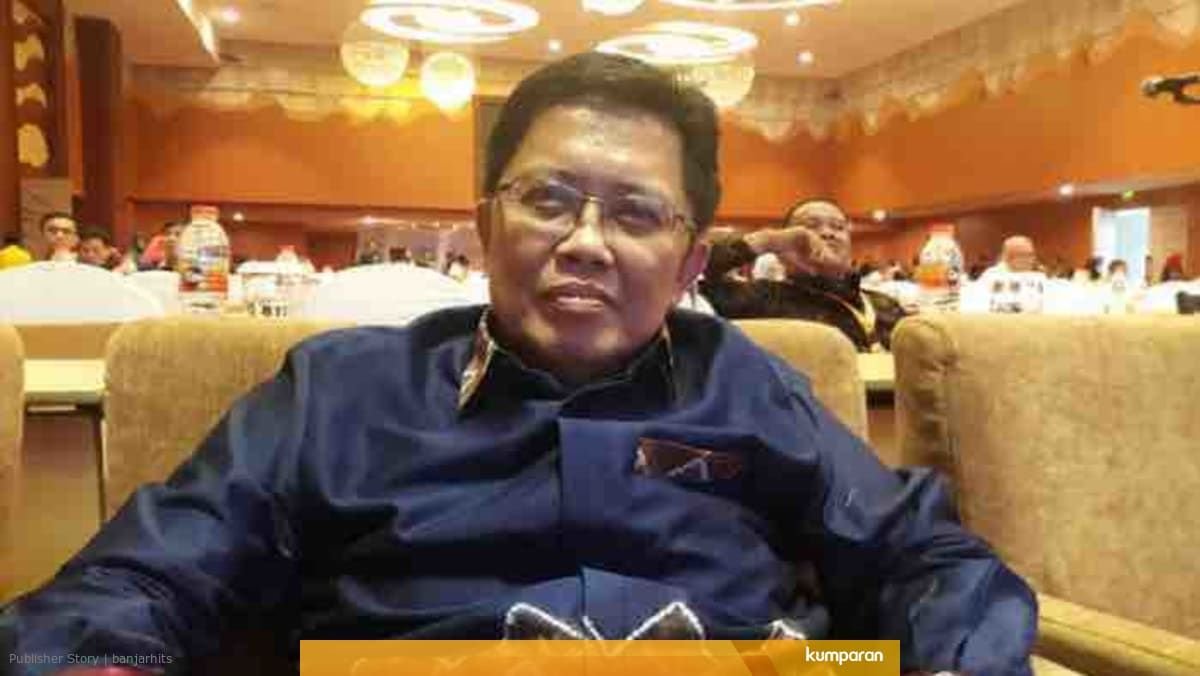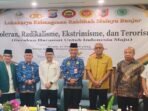by: Pribakti B *)
The grim predictions of experts at the start of the Covid 19 outbreak appear to be evident. This pandemic is going to be long. Many countries, for example Britain, are now again at a loss for the second wave of attacks.
Meanwhile, in developing countries, such as India and Indonesia, the pandemic did not have the chance to show signs of calming, consistently increasing and continuing to decrease the economy. The government now has to accept the reality. The Covid-19 pandemic has changed everything. The pandemic destroyed everything.
The way of work has changed. The pandemic has changed the work model, from work in the office to work from home. Worship can be from home. Mass gatherings turn into virtual meetings with the help of technology. Then, what about the 2020 regional elections?
Can e-voting be implemented on December 9, 2020? If the government can force work at home, why not take advantage of a similar pattern to witness regional head candidates selling ideas from home via the internet, voting from home and counting election votes from home. Theoretically, it is possible to do this in an area that is ready even though the rule of law, political commitment and community readiness are needed.
This is important to think because the simultaneous regional elections will undeniably be a big potential for the transmission of Covid-19. Mass mobilization before the campaign, during the campaign, at the polling stations and when celebrating a candidate’s victory cannot be avoided from the potential for mass mobilization.
The direct impact of mass mobilization that cannot be prevented will be widespread contact that can cause Covid-19 transmission, both from those who have indications of Covid-19 or from those who didn’t have indication.
Based on data from KPU, at least 60 regional head candidates in 21 provinces have tested positive for Covid-19. Wiku Adisasmito, spokesman for the Covid-19 Task Force, said a significant increase in cases occurred in the last week of September after the election registration stage. He said the increase in cases was very high and this was related to the regional elections which still caused crowds. So it is not an exaggeration that the regional head elections on December 9 this year might turn out to be terrible elections.
In the midst of the Covid 19 pandemic that continues to rage, the democratic party can easily turn into a virus party. It is estimated that there are 1.04 million crowds during the simultaneous regional elections in 9 provinces and 37 cities in Indonesia. The large number of the crowd is based on the 1,408 regional head candidates who will contest.
The assumption is that each candidate will campaign at least 10 points per day, for 71 days of the campaign period from September 26 to December 5. With that assumption, there will be at least 50.2 million people involved. With a 3.8 percent death rate due to corona in Indonesia, an estimated 1.76 million people will die (Tempo, 27/9/2020).
Moreover, by forcing direct elections to be held means that we do not learn from previous experiences. The experience of many polling officers who fell victim because of exhaustion. It is the past. Now the challenge is not only exhaustion, but Covid-19 has proven to be extraordinary in killing anyone indiscriminately. Those who plan to run as candidates for regional head are counted as victims of Covid-19. The question is, who will be responsible if the regional elections continue and there are many victims due to Covid-19?
In fact, the middle powers represented by the religious organizations Nahdlatul Ulama (NU) and Muhammadiyah, Komnas HAM and civil society groups, so that the government should be careful and suggest that the regional election be postponed while waiting for the pandemic can controlled properly. Regional election in a pandemic is risky.
The safety of the people is the highest law. But the political reality says that a middle power is being ignored. The elite doesn’t budge. In a narrative battle, the voices of the middle powers are not inferior. In real political battles, the political elite wins the battle because the power rests with them. A compromise was made. Regional election is run according to strict health protocols.
In the updated of KPU regulations, provisions always appear with due regard to health protocols. The implementation is awaited. Because in the field, there is no guarantee that the regulations will be fulfilled. The main priority at this time is actually not direct regional head elections but how to save people’s lives which means saving the nation and state.
A lot of news about the hospital was broken, the health center was broken. Many health workers fell. Starting from the official data of the mitigation team from the Indonesian Doctors Association (IDI) Executive Board, it is recorded that 123 doctors have died due to Covid-19 as of September 2020.
At least, now there are 271,339 Covid-19 cases, with the addition of daily cases nearly touching 4500 cases, while the total of death is about 10,308.
Of course this condition does not represent what is happening, this is cause of the low quality of the tracing system and the Covid-19 swab inspection in Indonesia. This condition is a real threat, which has a domino effect of overloading Covid-19 patients in hospitals, exhaustion of medical personnel, death of medical personnel and so on. As well as being able to increase the potential for an economic recession if we take a wrong step in making policies in the health sector, more specifically regarding the handling of Covid-19.
The move by the government and DPR to decide that the regional election will continue is very unfortunate. There are at least three reasons put forward by the government: it is unclear when the Covid 19 pandemic will end, the economic effects of the regional election and arguments for the election as the constitutional right of citizens. It’s true: no one knows when the pandemic will end, but the postponement of the elections could be adjusted according to the decline in the pandemic graph.
This means that through epidemiological studies, regional elections can be held if conditions are deemed safe. But the government must base its handling of the pandemic on facts and science – not taking random steps while waiting for a vaccine.
The decision to not to postpone the election because it was unclear when the pandemic would end also seemed contrived because the Ministry of Internal Affairs recently postponed the election of the village head under the pretext of a raging outbreak. Using economic reasons to continue the elections is clearly irresponsible. It is true that there is money rotating in the regional election. But in the meantime, the wheels of the economy will never really work if the pandemic is out of control.
So, continuing the regional election to guarantee the constitutional rights of citizens at first sight sounds logical, but it should be remembered that health is also a constitutional right of many people. Giving political constitutional rights but forgetting the right to health is a major crime. If the education system during the Covid-19 pandemic is reformed with distance learning, why isn’t the election reformed to vote from home?
*) Doctor of Ulin Hospital, Banjarmasin South Kalimantan











